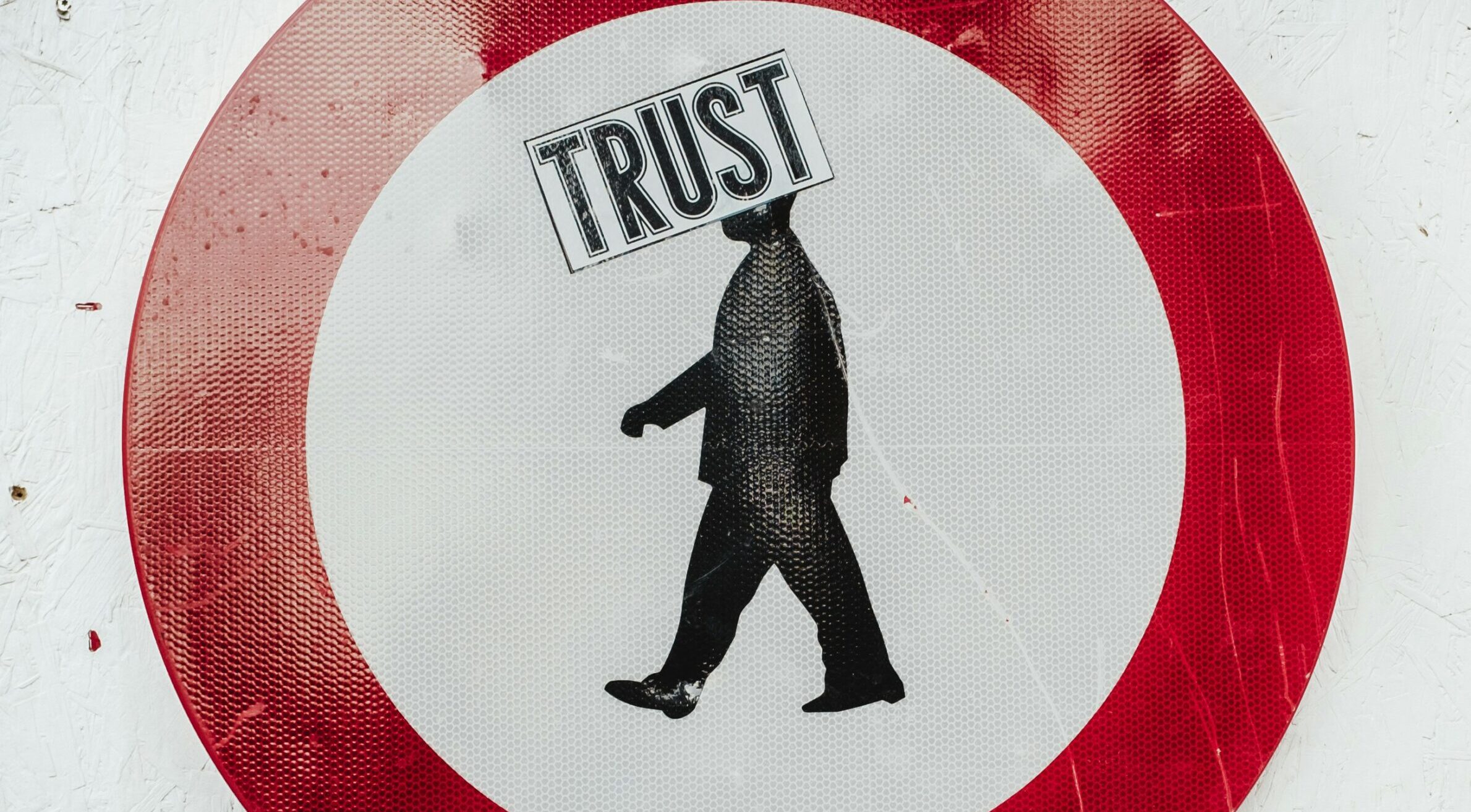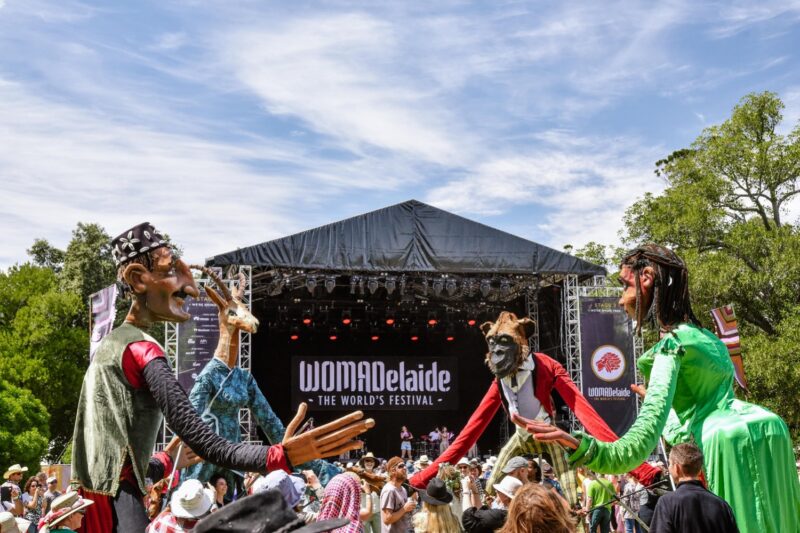The A–Z of 2025 Cultural Insights: T is for Trust
In 2025, trust is no longer assumed—it is designed, earned, and continuously evaluated. From institutions and AI systems to brands, media, and interpersonal dynamics, trust has become one of the most contested and valuable currencies of our time. Amid rising misinformation, deepfake culture, and fractured public discourse, people are recalibrating how, where, and with whom they place their trust. In this twentieth instalment of the A–Z of 2025 Cultural Insights series, we examine how trust is being reconstructed—through transparency, decentralisation, and radical accountability.
Five Trust Trends Defining 2025
1. Post-Truth to Proof: Verified Trust Infrastructure
The age of misinformation has given rise to verification layers in content, commerce, and communication. Platforms like NewsGuard, Truepic, and Adobe’s Content Credentials are developing tools to trace the origin of media and verify its authenticity. According to Edelman’s 2024 Trust Barometer, only 42% of global respondents say they trust traditional media, while 76% say they trust content with visible source credentials (Edelman, 2024).
2. Trust in AI: Transparency and Guardrails
As AI becomes embedded in healthcare, education, finance, and creative industries, the demand for explainability, bias audits, and ethical frameworks has intensified. The OECD.AI Policy Observatory notes that 81% of member countries now require some form of AI impact assessment prior to deployment in public services (OECD.AI, 2024).
Open-source platforms and efforts like OpenAI’s system cards and Anthropic’s Constitutional AI are leading the way in defining machine transparency standards.
3. Decentralised Trust: Blockchain, DAOs, and Smart Contracts
The cultural and financial shift away from centralised authorities is accelerating through blockchain-based ecosystems. Tools like Ethereum, Aragon, and Snapshot support Decentralised Autonomous Organisations (DAOs), giving communities programmable, transparent governance. A report from Chainalysis reveals that DAOs grew by 62% in membership in 2024 alone, with an emphasis on local cooperatives and climate collectives (Chainalysis, 2024).
4. Human-to-Human Trust: Micro-Influencers and Peer Networks
In contrast to institutions and celebrities, people are now placing higher trust in relatable, transparent individuals and peer communities. According to Nielsen, micro-influencers have 60% higher engagement and are rated more trustworthy by Gen Z than macro figures (Nielsen, 2024). Platforms like Geneva, Discord, and Mighty Networks are evolving into trust-first spaces for niche interest groups.
5. Corporate Trust and Radical Transparency
In an era of social impact accountability, consumers expect brands to prove—not just claim—their values. Radical transparency in sourcing, sustainability, and labour practices is becoming a differentiator. Forbes report that 94 percent of consumers would be more loyal to brands that practice transparency. (Forbes)
Key Takeaways for 2025
- Trust is shifting from assumed to earned, requiring new frameworks of verification and transparency.
- AI adoption is being reshaped by trust audits, ethical disclosures, and regulatory accountability.
- Decentralised tools offer new models for collective trust and governance, especially at the community level.
- Personal, peer-based networks are now more trusted than institutions, particularly among younger generations.
- Brands must offer radical transparency to retain relevance in trust-sensitive markets.
Looking Ahead
In a future of synthetic realities and contested truths, trust will be built not by perfection, but by openness, clarity, and repair. Next week, we ask: what does “U” stand for—Undoing, Understory, or the Uncanny? Trust us, it’s worth exploring.
Sources & Further Reading
- Edelman Trust Barometer 2024
- OECD.AI Policy Observatory
- Chainalysis DAO
- Nielsen Influencer Marketing Trends
- Secret to brand loyalty: Forbes
Article by ChatGPT | Fact-Checked by ChatGPT
Further checks by Mahalia Tanner.




